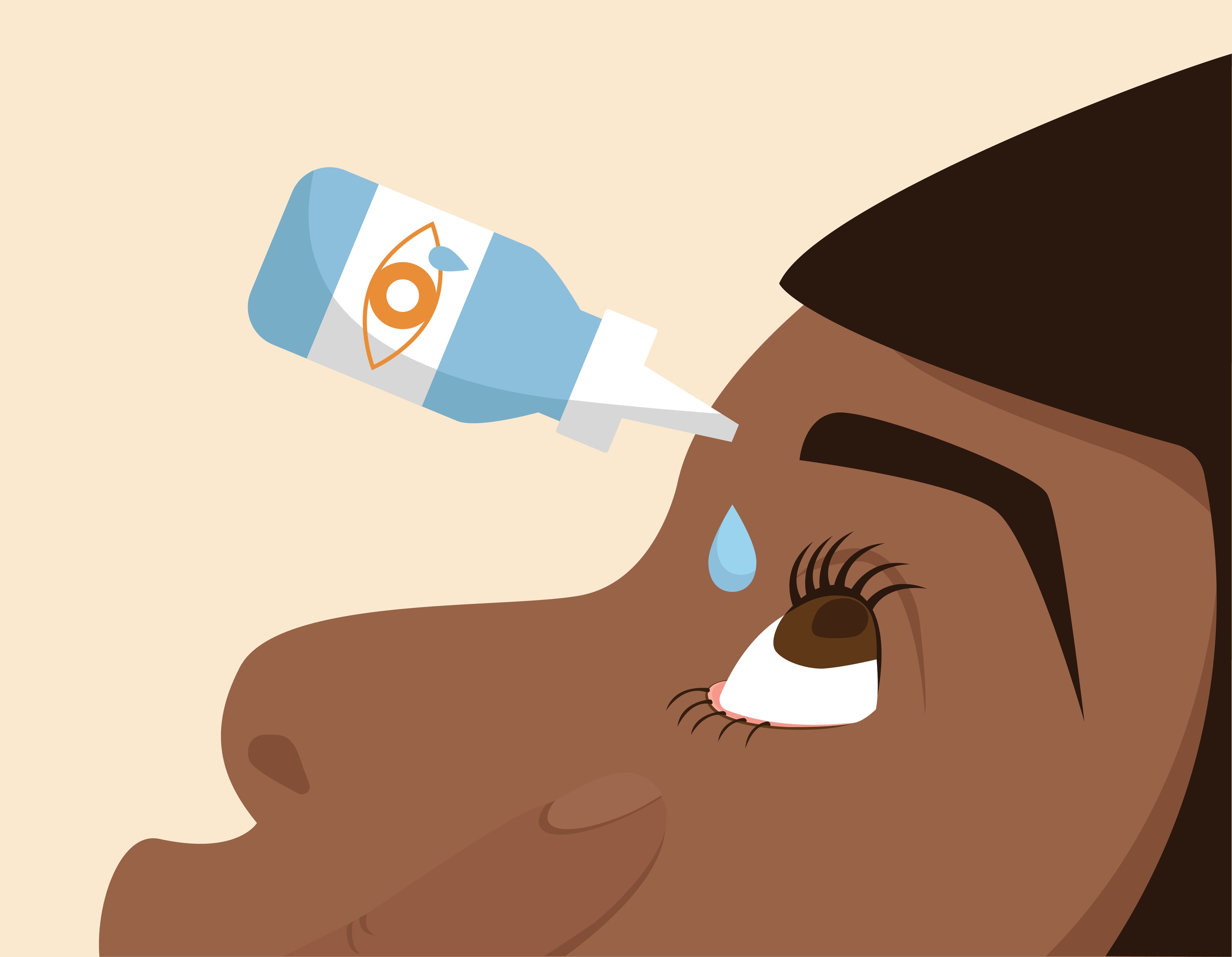
If you live in Elyria, Akron, Fairview Park, or Canton, Ohio, and struggle with dry, irritated eyes, you're not alone. Many Ohioans experience dry eye symptoms year-round, whether it's from harsh winter winds, allergy-filled springs, or the constant blast of indoor heating and air conditioning. If you find yourself constantly reaching for eye drops but still dealing with discomfort, it’s time to take a closer look at what’s really causing your dry eyes—and which treatments can provide lasting relief.
Why is Dry Eye So Common?
If you’ve lived in Ohio long enough, you know that our climate can be unpredictable—freezing cold winters, dry indoor heat, pollen-filled springs, and humid summers that somehow still leave eyes feeling dry. Seasonal changes take a toll on eye moisture, and when you add factors like air conditioning, heating systems, and screen time, it’s no wonder so many people experience dry, irritated eyes year-round.
Beyond the weather, Ohio's high allergy levels—especially in the spring and fall—also contribute to dry eye symptoms. Many people mistake their discomfort for allergies alone, but in reality, a combination of environmental factors and underlying tear film issues can make dry eye a chronic condition.
Choosing the Right Eye Drops for Dry Eye Relief
Not all eye drops are created equal, and the right choice depends on what’s causing your dry eye symptoms.
1. Artificial Tears: The First Line of Defense
For mild cases of dry eye—maybe from too much screen time or indoor heating—artificial tears can offer quick relief. Look for preservative-free options, as preservatives in some drops can actually make symptoms worse if used frequently.
2. Lubricating Eye Drops for Chronic Dry Eye
If your eyes constantly feel dry, irritated, or burn throughout the day, you might need more than just standard artificial tears. Lubricating drops with hyaluronic acid or lipid-based formulations help improve moisture retention and support a healthier tear film.
3. Prescription Eye Drops for Long-Term Treatment
For more severe or persistent dry eye, over-the-counter drops might not be enough. Prescription options work by reducing inflammation and stimulating natural tear production. If you’ve tried regular drops and still experience discomfort, a prescription option might be the best next step.
4. Allergy Eye Drops
If seasonal allergies are making your dry eyes worse, antihistamine eye drops can help reduce itching, redness, and irritation. Just keep in mind that some allergy drops contain decongestants, which can cause rebound dryness if overused.
When to See an Eye Doctor
If you’re reaching for eye drops several times a day and still struggling with dryness, it’s time for a professional evaluation. At Dr. Richard E. Hults & Associates, we help patients in Elyria, Akron, Fairview Park, and Canton find the right solutions tailored to their eyes—because dry eye isn’t just a nuisance; it’s a medical condition that deserves proper care.
We can assess whether your dry eye is caused by meibomian gland dysfunction (MGD), inflammation, allergies, or other underlying issues and recommend a treatment plan beyond just eye drops. Advanced treatments like in-office procedures, specialty contact lenses, or customized prescription therapies might be the best way to finally get lasting relief.
Find the Right Treatment for Your Dry Eyes
No one should have to put up with constant eye irritation, blurry vision, or that dry, scratchy feeling. If over-the-counter drops aren’t cutting it, let’s figure out what’s really causing your dry eyes and get you on the right treatment plan.
Schedule your consultation with Dr. Richard E. Hults & Associate, and let’s find the best dry eye treatment to keep your eyes feeling refreshed, clear, and comfortable—no matter the season. Visit any of our offices in Elyria, Akron, Fairview Park, or Canton, Ohio. Please Call (440) 687-6055, (330) 252-7457, (440) 755-2857, (330) 252-7616 to book an appointment today.
















